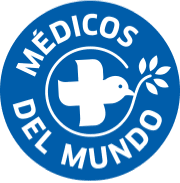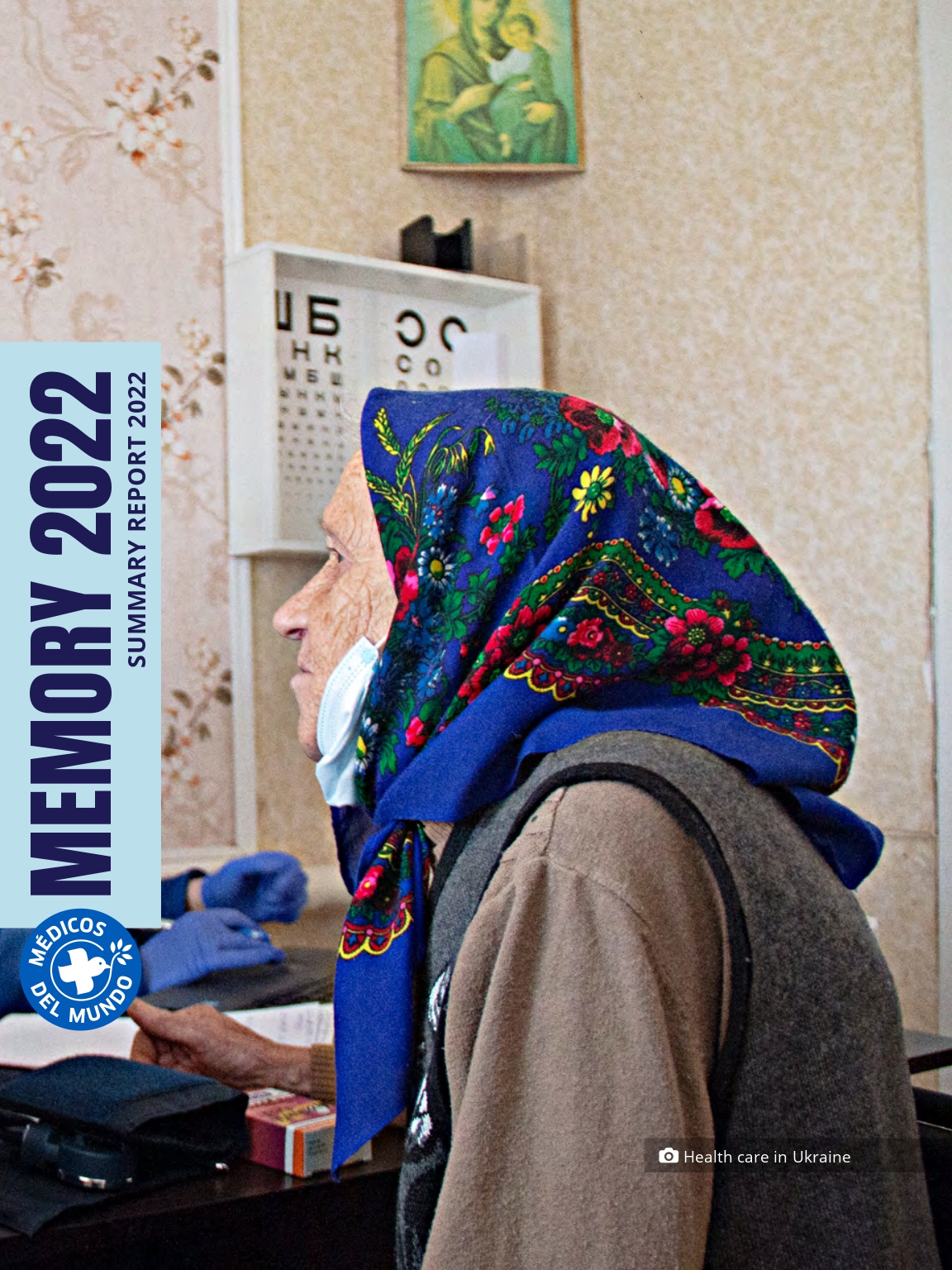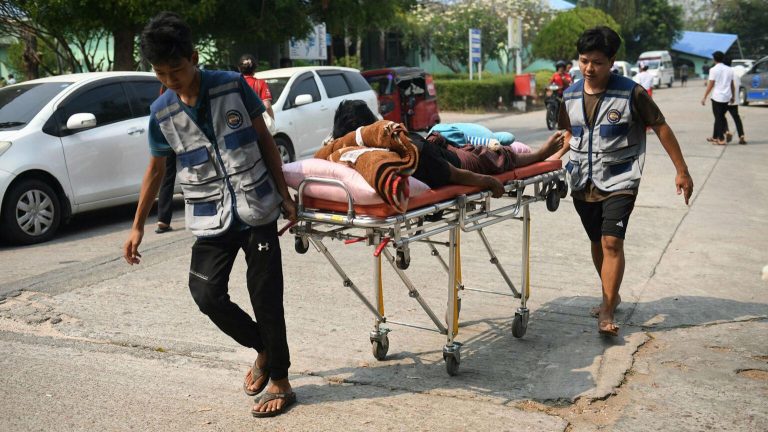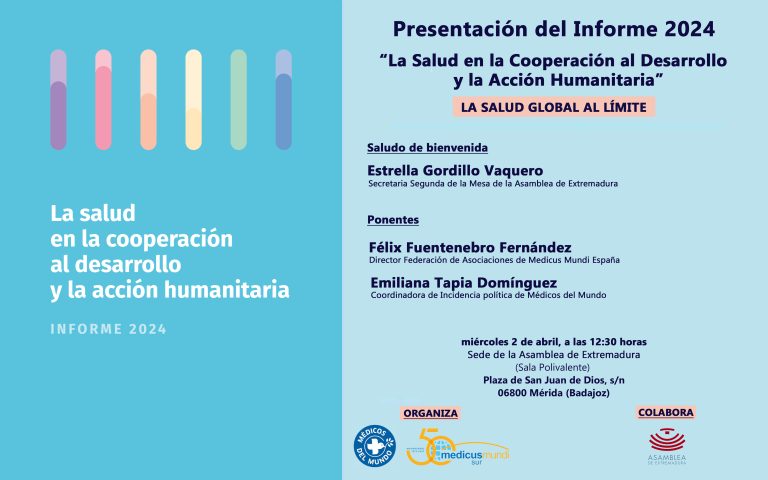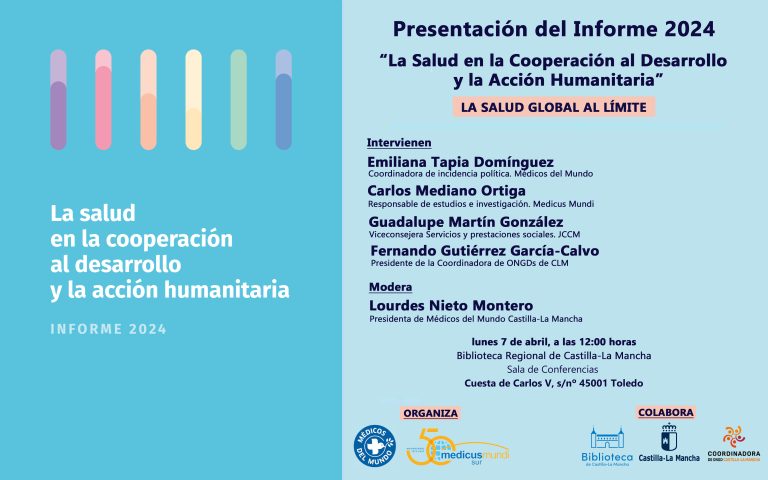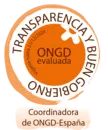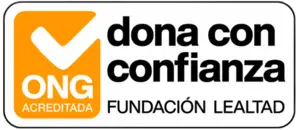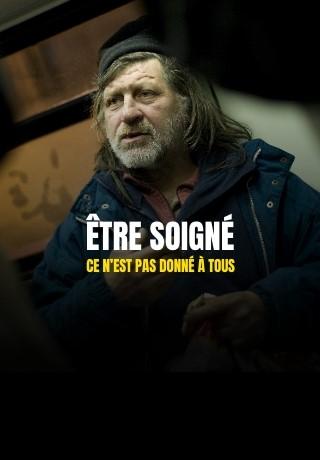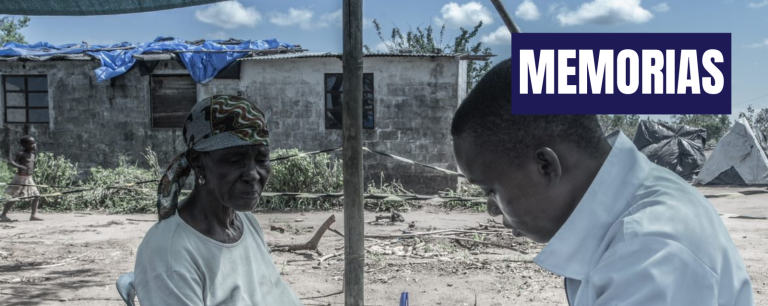
Summary Report Médicos del Mundo España 2022
We keep fighting and mobilizing for the right to health in all contexts where we work
Time passed, the year 2022 will perhaps be seen as the moment when, after the stress to which health systems had been subjected by the COVID-19 pandemic, the fragility of the progress achieved in certain health indicators at the international level became evident (because they have regressed again) and, on the other hand, the insufficient medical and social response capacity of the states -in the face of highly demanding situations- for the effective protection of public health. In other words, although the COVID-19 pandemic did not cause structural damage to health systems, its capacity to expose existing weaknesses was evident.
It is not surprising, therefore, that throughout the year there have been various expressions of social and professional discontent, which have only served to alert us to the very serious risk hanging over our public health system. Now, with the same principles, on the same basis, the model must be revised to make it useful, robust, and solvent for another forty years, and Médicos del Mundo España will be there, contributing to the improvement of the public health system as a guarantor of the universality and equity of health care to the population, to the entire population residing in Spain.
Of course, our commitment to the right to health is also expressed through intervention programs in the territories, although, if there is something new to highlight, it is the appearance of the social and labor insertion project for women in a situation of prostitution that we are implementing. In the south of the planet the situation is much more serious, because in addition to the greater fragility of the health systems and the manifest weakness of the states, there are very serious consequences of climate change, -also of bloody conflicts-, and its impact on forced population movements (migration for survival); or in the progressive food and nutritional crisis affecting large regions of the world.
And we must denounce the inability to the countries of the North to comply with the commitments acquired in the so many times aforementioned 2030 Agenda</strong>; because north-south inequality, the violence of injustice, the impoverishment of populations and the degradation of states do depend on international policies and developmentaid strategies. But these must be honest, respectful and credible.
Nothing can justify the reduction of aids funding to fulfill health needs in geographical areas where situations incompatible with dignity and life are being experienced: the famine in the Sahel, the distress of the population in the Saharan refugee camps or in the occupied territories of Palestine, the new cholera epidemic in Haiti or the chronification of the situation in Syria are examples in which the difference between the commitment made and the actual implementation of aid demonstrate an unjustifiable lack of equity and sustainability in the effort.
Throughout the year we have seen how the major donors have reduced their contribution of aid funds to geographical contexts and populations particularly hard hit by the food crisis, with most of this effort being directed towards Ukraine. In this context of a true systemic crisis in which factors such as the increase in food prices, the growth in geopolitical tension and bloody conflicts, the climate crisis and environmental deterioration, -especially drought- which is affecting increasingly larger territories, all converge to produce challenges that seriously affect the right to health and compromise the dignity and survival of the people and populations with whom we work. On the other hand, the rise of ultra-conservative movements, with a direct and regressive impact on sexual and reproductive rights, as we have seen in the United States, is demanding an organizational response and action, the struggle for equality between women and men against all expressions of machismo takes a preferential place in the priorities of our organization.
And the year 2022 will also be marked by the very serious humanitarian situation in a European country as a result of the military occupation of part of the territory of Ukraine by troops of the Russian army. The conflict has serious consequences for the Ukrainian civilian population, and the situation has not improved as the months have gone by, but has become chronic, with all the damage that maintaining highly precarious conditions over time means for the health and survival conditions of social groups with the least capacity for resistance to prolonged crisis situations.
Pepe Fernández President of Médicos del Mundo España
